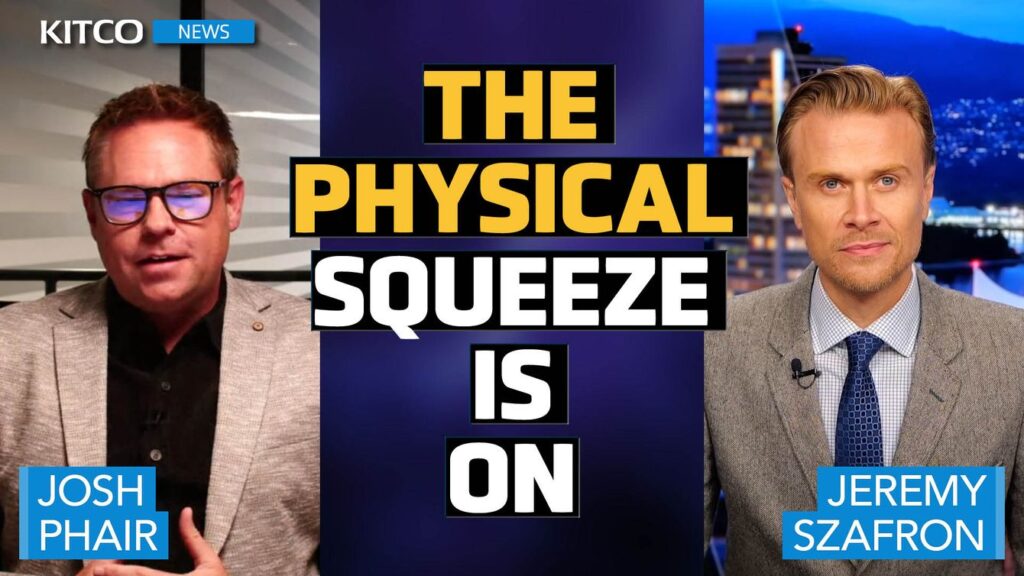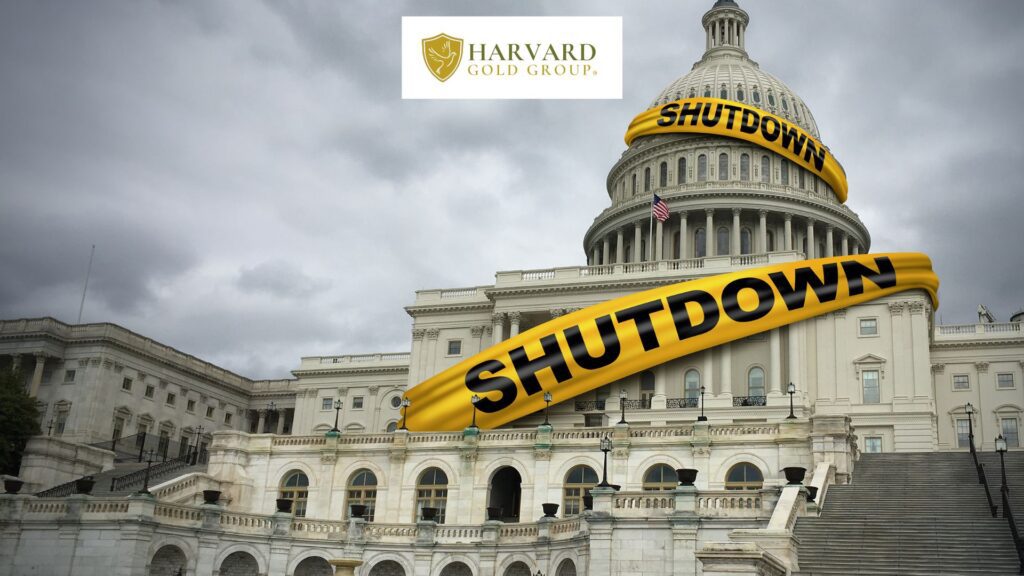
"We have never escaped a recession from this point," JPMorgan economists are telling clients about one indicator, noting stocks have never hit a low before the Fed has stopped hiking interest rates.
Despite growing hopes the U.S. may ultimately avoid an anxiously anticipated recession, JPMorgan economists are warning clients that a flurry of indicators are still flashing increasingly eerie warning signs—making it likely the economy and stocks may waver in the coming months, particularly since the effects of the Federal Reserve's rate hikes could take years to ripple through markets.
Key Facts:
"Signals are pointing to trouble ahead," JPMorgan analysts led by Mislav Matejka wrote in a Monday note, positing a slew of warning signs that indicate the latest stock market rally should continue to fade before the end of March and that this quarter could "possibly" mark the stock market's high for the year.
For one, the yield curve has remained "heavily inverted"—an occurrence that has preceded every U.S. recession over the past 50 years—despite growing optimism the U.S. could skirt an economic downturn; the curve is the most inverted it's been since the 1980s, and JPMorgan cautions, "We have never escaped a recession from this point."
Additionally, the U.S. money supply, which measures safe assets households and businesses can use to make payments, has fallen abruptly since March and is negative on a yearly basis for the first time since 2006, all while banks have started enforcing stricter lending standards—leading to a sharp decline in credit demand that's been typical ahead of past recessions.
"The damage is done, and the fallout is likely still ahead of us," the analysts write, cautioning that the Fed's aggressive interest rate hikes over the past year could take up to two years to ripple across the economy.
Already, mortgage payments as a share of income have doubled from 13% to 26% and the savings rate has plummeted to almost zero, but Matejka notes the Fed is still expected to hike rates at least two more times this year, and stocks have never hit a cyclical low before the Fed has stopped hiking.
Despite lingering bearishness, others remain much more upbeat: Last week, Goldman economists led by Jan Hatzius pinned the odds of a recession at just 25% (well below average projections of 65%), reflecting "continued strength in the labor market" after a blockbuster jobs report and early signs that businesses are becoming more optimistic about the economy.
The Fed is slated to release a summary of its latest meeting on Wednesday—giving a glimpse into how officials are thinking about the economy as they continue their most aggressive tightening campaign in decades. Last week, Cleveland Fed President Loretta Mester admitted she saw a “compelling” case for a second half-point rate hike earlier this month, rather than the more modest quarter-point hike ultimately authorized. Though she welcomed the moderation in inflation readings since last summer, she cautioned, "the level of inflation matters, and it is still too high.”
Key Background
Amid record consumer spending and crippling supply-chain constraints, inflation skyrocketed to a 40-year high of 9.1% in June—forcing the Fed to drive up interest rates in order to help temper consumer demand and ease rising prices. With the central bank’s rate hikes slowing down the economy, many experts have argued the Fed could be risking an unnecessary recession, but increasingly, others have warned inflation could remain at historically high levels for longer than expected or even flare up again. “Markets are admitting the Fed may not be close to done,” Sevens Report strategist Tom Essaye wrote in a Tuesday note, as stocks sank following worse-than-expected retail earnings.
What We Don't Know
Though it's unclear when the Fed will stop raising rates, analysts at Goldman and Bank of America added another rate hike to their forecasts after a hotter-than-expected inflation reading last week. They now expect the central bank will raise rates to a top level of 5.5%, potentially hitting the highest level in more than 20 years.



